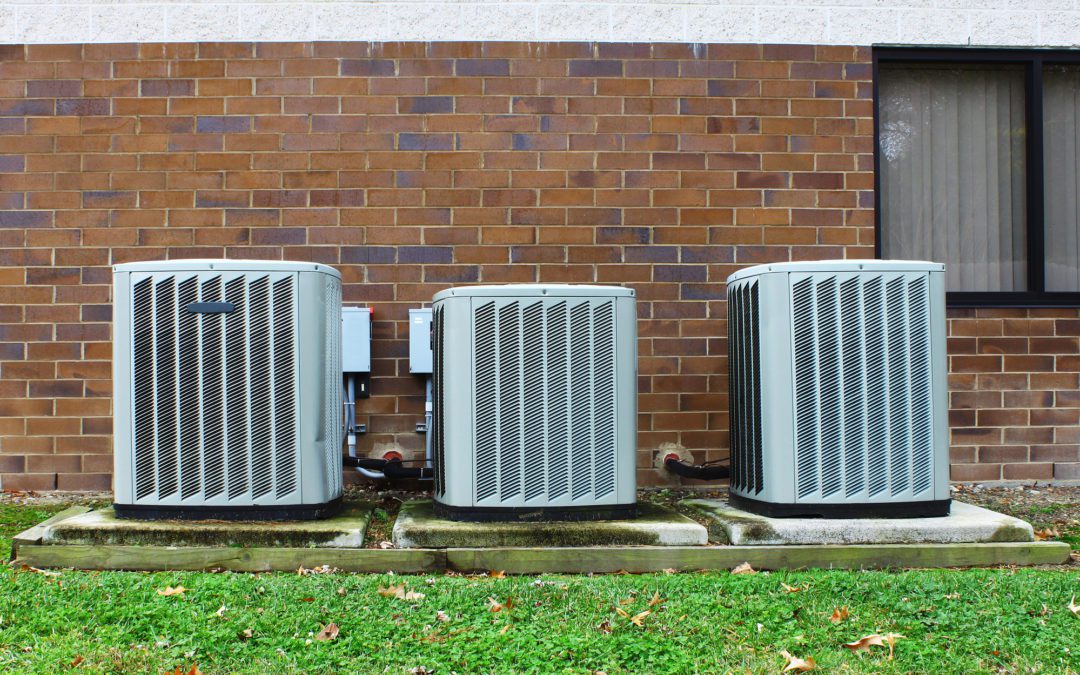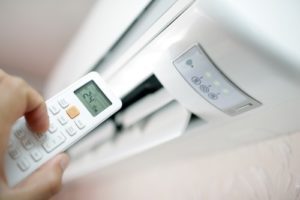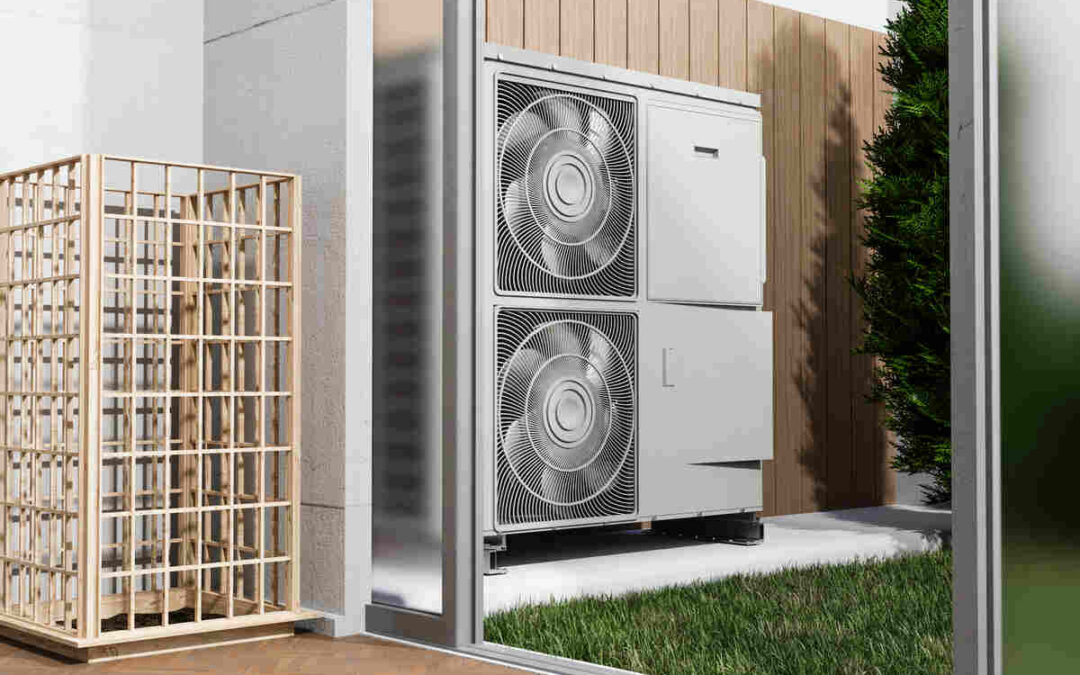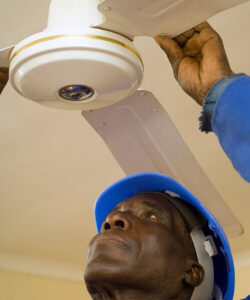Summer’s almost here, and you know what that means. It’s time to sit back with an ice-cold drink and enjoy the warm weather! But as much as you may love spending time outside, there’s one pesky problem: When it gets hot out, you have to keep your AC on to stay cool and comfortable in your own home. Unfortunately, this can take its toll on your AC unit over time, but that doesn’t mean you should suffer through the heat! Here are 5 tips to keep your AC running smoothly this summer without wasting too much money or time maintaining it yourself.
1) Prevent Freon Leaks
As outdoor temperatures increase, so does your home’s cooling requirements. Whether you have a central air conditioning system or a window unit, keeping your AC running smoothly all summer long requires some preventative maintenance. Freon is used to cool down your indoor coils—it’s much like water pressure, but with oil instead of water. As that fluid heats up over time it expands and can leak out into the atmosphere. Prevent leaks by periodically checking to make sure you still have enough freon in your system. When you call Valley Comfort Heating and Air to schedule an appointment, be sure to let us know if you’re in need of any specific service(s) listed above!
If you’re worried about Freon leaks, there are a few things you can do to monitor your system and identify potential problems. First, remember that every time you run your AC system, it loses some amount of refrigerant from its cycle. That’s perfectly normal and shouldn’t cause concern if it’s within normal limits. To see what’s going on with your AC, try adding a thermometer to one of your outdoor vents – after running your air conditioning for several hours – then check that reading against others in various parts of your home. You want to ensure that indoor temperatures aren’t going up significantly as well as double-check that cool air is actually circulating throughout your home and not just focused on one area or room.
2) Use Filters Regularly
Filters play a big role in your home’s comfort and efficiency, as well as its indoor air quality. According to EnergyStar.gov, indoor air can be two to five times more polluted than outdoor air—mainly because we spend 90 percent of our time indoors. If you have an air filter at home, remember to replace it regularly—preferably every three months during peak seasons—to keep your HVAC system running smoothly and efficiently. And if you don’t yet have an energy-efficient, multi-stage furnace and central air conditioner from Valley Comfort Heating & Air, set up a consultation today; they’re highly recommended by experts as one of the most effective ways to stay cool while also lowering your utility bills.
And as an added bonus, multi-stage heating and cooling units help you save money on your energy bills. According to Energy.gov, these systems use energy more efficiently by changing fan speeds based on whether it is cooling or heating a home. That means less money spent on air conditioning or your furnace when you don’t need it, making it easier to keep your home at a comfortable temperature year-round. Plus, installing one of these high-efficiency furnaces from Valley Comfort Heating & Air not only increases indoor comfort but also improves air quality so you can breathe easy all summer long.
3) Change Filters As Necessary
Changing your air filters regularly can help prolong their life and prevent dust buildup. Doing so when you change seasons is not only smart, but it can also save you money on electricity bills! If you’re unsure about how often to change your filter, consider contacting Valley Comfort Heating and Air. They’ll be able to recommend a filter type (and filter replacement schedule) that will keep your system running in optimal condition. Keep Humidifiers Clean: If you run a humidifier throughout much of the year, keeping it clean is important to ensure it runs efficiently. A dirty humidifier means you’re blowing off bacteria—along with hot air—throughout your home and increasing your risk of respiratory problems or allergies.
How often you should replace your filters depends on how dusty your home is. If you live in a house full of pets, or if you have allergies that leave hair and dander floating around, it’s probably a good idea to change them every month. If you don’t see much dust in your home, though, monthly changes might be overkill—you may even be able to go six months between replacements!
4) Clean Debris From Ducts
Cleaning your air ducts is another area that is commonly overlooked, but it’s an important part of air conditioning maintenance. A professional will clean out all of your vent systems, including registers, diffusers and heat exchangers. It’s a good idea to have them clean out your ducts every few years, and if you’ve had pets or smokers in your home, every year is best. By getting rid of dust and debris in your vents you’ll increase their efficiency at warming or cooling your home.
If you do decide to clean your own ducts, here are a few pointers: if you see rust or buildup in your vents, get it out. These deposits can reduce air flow, so they should be addressed promptly. To remove them, first use a garden hose to spray off any loose dust and debris and then apply a little elbow grease with a wire brush or similar tool. Be sure to wear protective gear that covers your nose and mouth when you do so, as you’ll want to avoid inhaling any allergens in the process. After scrubbing away all visible dirt from vents (and cleaning your flooring where dust is likely to fall), make sure you vacuum up any dust that’s been loosened from ductwork.
5) Get an Annual Tune-Up
Be sure to schedule your annual tune-up before your air conditioner kicks into high gear. Regular maintenance is one of those things you’ll never regret doing, but always wish you had if you don’t. The process usually takes less than an hour and costs around $100-$200 depending on what exactly needs fixing. Even if everything is A-OK, make it a point to get a tune-up every year as they often find issues that could break down at any time. If repairs are necessary, they can fix them then instead of having an emergency come up on some stifling hot day in July or August when it’s harder to get repairs done quickly.
HVAC technology has advanced to where there’s almost no work that can’t be done from outside your home. One exception is air filters, which generally need replacing about once a month if you live in an area with high pollen or dust. If your ac filter doesn’t look dirty, it probably isn’t, so go ahead and skip changing it. Do change them twice a year though so they don’t get clogged up and become ineffective in filtering out allergens or absorbing moisture (which can increase humidity levels in your home). All ac filters are different, but they usually attach with Velcro or some other quick-release mechanism so they won’t take long to change.
Schedule Maintenance with Valley Comfort Heating and Air
Keep your air conditioner running like new and don’t have to worry about a power outage ruining your vacation with some regular maintenance. We recommend that you schedule a service check once every year. That’s enough to make sure everything is in good working order and minor issues are addressed before they become major ones. Schedule your checkup today!









